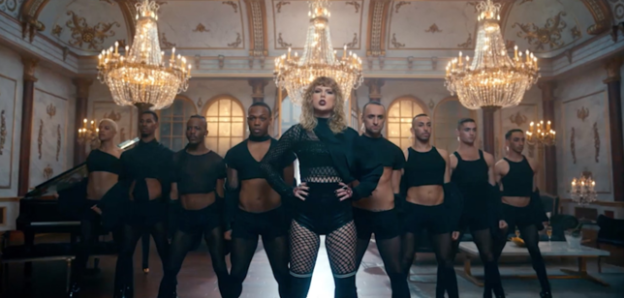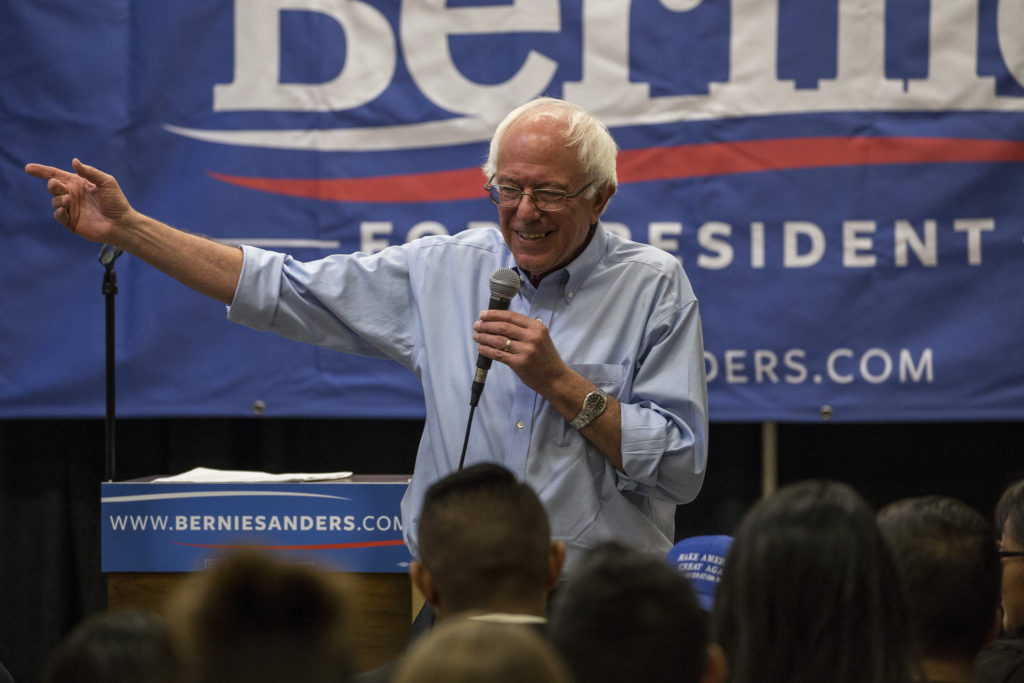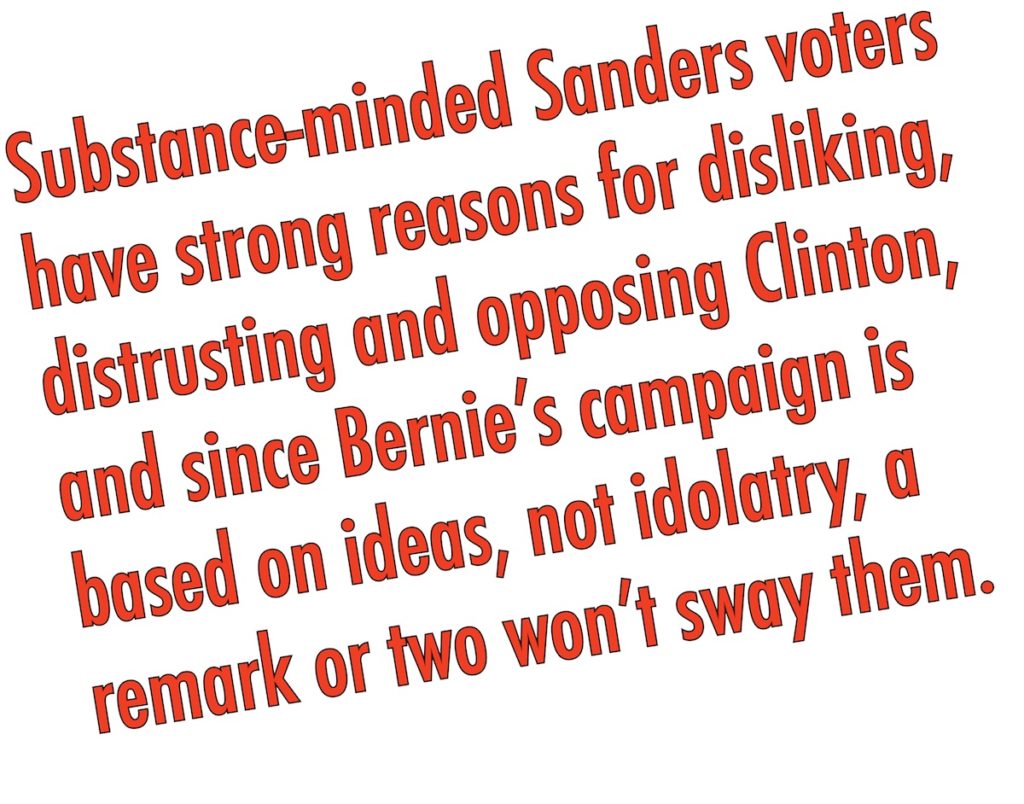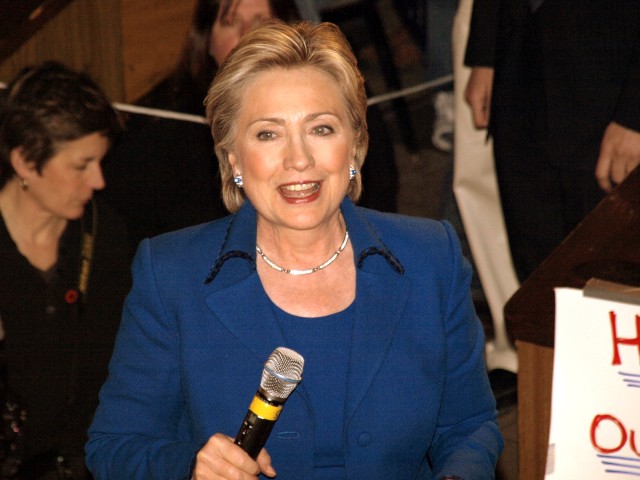
HBO’s “Last Week Tonight” opened its 2017 season on an interesting note. While the popular Emmy-winning news comedy show has never shied away from delivering scathing political commentary, its first main piece of the year was about how the newly-installed Commander-in-Chief, Donald J. Trump, is a dangerous machine of lies. It’s a hefty and bold accusation for an entertainment show to make, even when you consider “Last Week Tonight” has affected some actual change (notably in net neutrality). Towards the end of the segment, Oliver pleaded with the media and the viewers to hold Trump and his team accountable for any misinformation they may spread and for the actions they commit. And if enough people push this position, real consequences might come.
Looking back, that segment almost feels like a foretelling of a theme of 2017: holding powerful men accountable for terrible deeds. Over the course of the past eleven months, we have seen many prominent and powerful men in many industries forced to face consequences for reportedly bad behavior — Travis Kalanick stepped down as UBER’s CEO, Harvey Weinstein was ousted from his film production company and the Academy of Motion Picture Arts and Sciences, Warner Brothers studio has severed ties with director Brett Ratner, Fox News fired Bill O’Reilly, and just recently NPR’s Vice President of news and editorial director Michael Oreskes was placed on indefinite leave. All of these cases stem from one commonality: all the men ousted had been accused of sexual harassment and/or assault.









